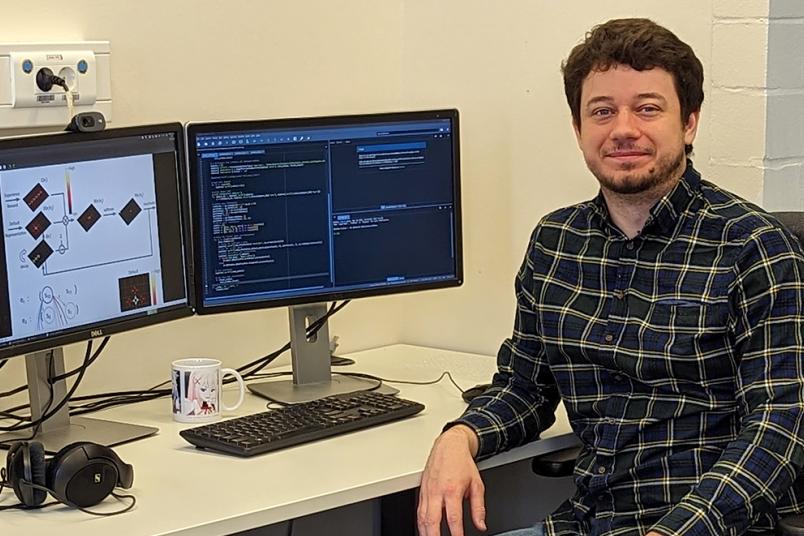
Neuroscience
AI helps understand learning processes
How does the brain learn spatial information? Neural computation researchers are using artificial intelligence to explore this question.
Researchers at the Neural Computation Institute of Ruhr University Bochum, Germany, have constructed a computer model that learns spatial information in a pattern similar to that of rodents. In the process, individual sequences of nerve cell activities in the hippocampus are played back repeatedly according to specific priorities. If an artificial intelligence follows the same pattern, it learns spatial information more quickly than if the sequences were repeated at random. Nicolas Diekmann and Professor Sen Cheng published their findings in the journal eLife from 14 March 2023.
The brain revisits routes while we sleep
The hippocampus brain region is of great importance in memory formation. This has been illustrated by famous cases such as that of the patient H.M., who was unable to form new memories after large parts of his a hippocampus had been removed. Studies on rodents have demonstrated the role of the hippocampus in spatial learning and navigation. An important discovery in this context was cells that fire at specific locations, known as place cells. “They play a role in a fascinating phenomenon known as replay,” explains Nicolas Diekmann: “When an animal moves around, certain place cells fire one after the other along the animal’s route. Later, at rest or during sleep, the same place cells can be reactivated either in the same order as they were experienced or in reverse order.”
The sequences observed during repetition don’t just reflect earlier behaviour. Sequences can also be reassembled, they can adapt to structural changes in the environment or represent places not yet visited but seen.
“We were interested in how the hippocampus produces such a variety of replay types efficiently and what purpose they serve,” outlines Nicolas Diekmann. The researchers therefore built a computer model in which an artificial intelligence learns spatial information. Ultimately, they study how quickly the AI agent finds an exit from a specific spatial situation. The better it knows it, the faster it is.
Playback follows certain rules
The AI agent too learns by repeating neuronal sequences. However, they are not played back randomly, but prioritised according to certain rules. “Sequences are played back stochastically according to their prioritisation,” points out Diekmann. Familiar sequences are prioritised. Positions associated with a reward are also played back more frequently. “Our model is biologically plausible, generates a manageable computational overhead and learns faster than agents where sequences are replayed at random,” sums up Nicolas Diekmann. “This gives us a little more detail on how the brain learns.”